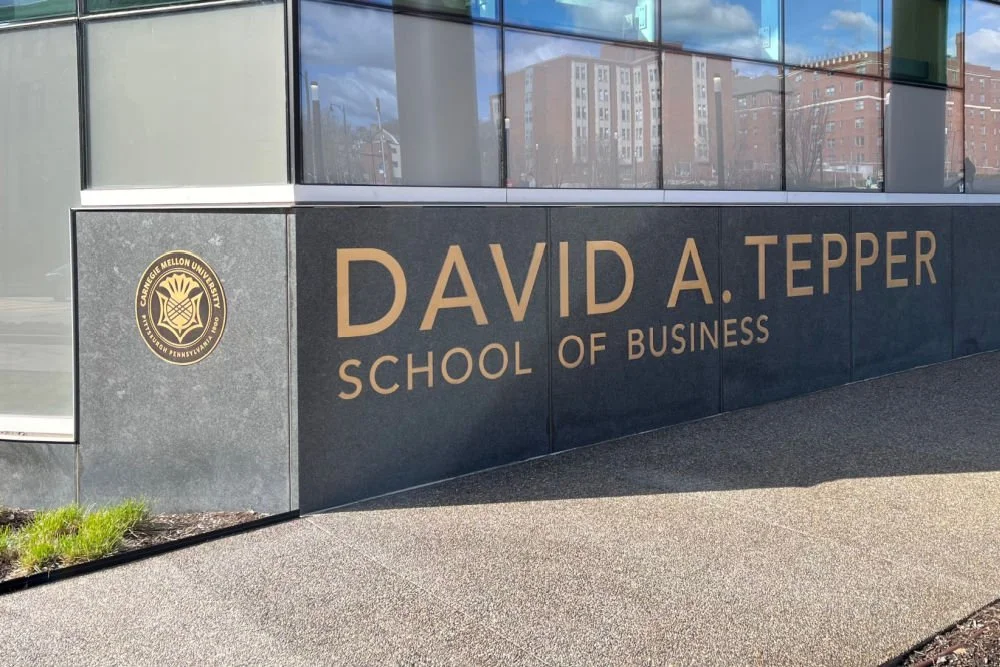The Corporate Funder Giving New Attention to HIV/AIDS in the American South
/photo: kim7/shutterstock
HIV and AIDS used to be taboo topics in the American South, but the region is in a period of transition and times are changing, with growing attention to this urgent public health issue. Around 45 percent of the nation’s HIV population lives here. And, unfortunately, the number of infected people is growing all the time. For example, statistics show that more than 60 percent of black gay and bisexual men who have been diagnosed with HIV in the U.S. live in the South.
Major HIV/AIDS funders around the country have been paying new attention to the region. As we covered several months ago, the Elton John AIDS Foundation and the Elizabeth Taylor AIDS Foundation have given more money into the South to address the high rates of HIV in LGBTQ youth, low access to syringe access programs, and systemic challenges around economic and social inclusion.
In an interview with IP last year, ETAF’s Joel Goldman described the U.S. South as a hotbed for HIV and AIDS, largely due to Southern governors’ refusal to expand Medicaid and abstinence-only sex education in the Bible Belt.
But these certainly aren’t the only funders who have started paying attention to HIV/AIDS in the South. The Campbell Foundation, which is solely focused on HIV and AIDS, has been an important funder in South Florida lately. And other local funders are also making grants in this area, including health legacy foundations which have proliferated in the South in recent years.
The latest funder to engage in a big way is Gilead Sciences, which recently announced a new 10-year, $100 million commitment for HIV/AIDS in the South.
This biopharmaceutical company has partnered with the Emory University Rollins School of Public Health, the University of Houston Graduate College of Social Work, and the Southern AIDS Coalition to pursue the COMPASS (COMmitment to Partnership in Addressing HIV/AIDS in Southern States) Initiative. There are a lot of big ideas behind this initiative, including capacity building, knowledge sharing, anti-stigma campaigns, trauma-informed care, and mental health.
Gregg Alton, executive vice president of Corporate and Medical Affairs at Gilead Sciences said:
HIV/AIDS remains an urgent public health crisis in the United States and this is particularly apparent in the Southern states where rates of new infection rival those seen in the 1980s. In some communities, those rates are actually rising—a chilling reminder that the epidemic is far from a thing of the past. We recognize a collaborative effort is needed and we are very pleased to partner with local organizations that are uniquely positioned to address the epidemic on the ground.
In the South, as elsewhere in the U.S., HIV/AIDS disproportionately affects African-American women, African-American gay and bisexual men, Latinos, and transgender women. These disparities reflect racial inequities, inadequate healthcare, poverty, and stigma. Gilead's initiative aims to address some of these underlying systemic issues.
Gilead has been a leader in testing, treatment, and prevention of HIV for nearly three decades. Worldwide, it's the second largest funder of HIV/AIDS programs after the Bill and Melinda Gates Foundation.
Its new focus on the American South is well-timed. There have been an increasing number of research studies about the epidemic in this region, and the situation is only getting more concerning by the year.
This is a big move for the corporate funder and hopefully will spur other funders to put new resources in combating HIV/AIDS in the South.
Grantseekers should be aware that the Gilead Foundation does not accept unsolicited proposals, but that you can apply for support under Gilead’s corporate giving program.
Related:







































